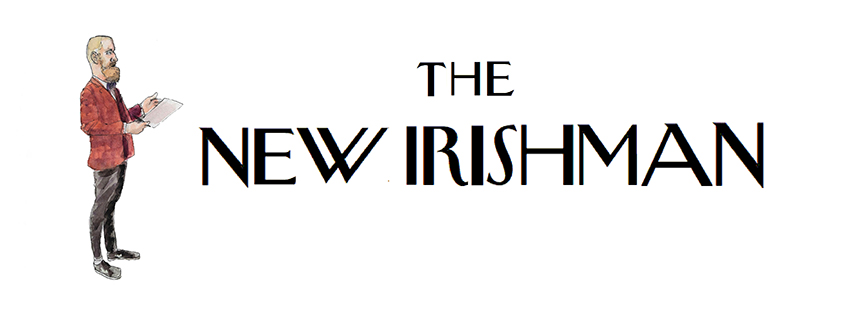 |
| Christopher Hitchens by Ralph Steadman |
Christopher Hitchens said about George Orwell:
"The point was made better by Lionel Trilling. The remarkable thing about Orwell and the encouraging thing was he is not a genius. He lived to only 46 years. He never went to university. He never had a steady job. He usually didn’t have a steady publisher. He will never be forgotten because he managed to disprove imperialism, Stalinism and fascism in one lifetime and made some imperishable raids on its territory that no-one is ever going to forget. All the time ill. All the time poor."He then said:
"[George Orwell] shows how much difference a person of really average integrity and intelligence and education can make if they have a little courage and a little intellectual honesty. The shortcomings of the individual you can see in him too. But he basically won his own battle against his own prejudices. This is an example for all time. You don’t get the sense for example when you’re reading Proust or Nebokhov or George Eliot that you shouldn’t be in the writing business. All the people in history who said alas there was nothing I could do are lying or at least discrediting themselves. They could have. They just chose not to."

